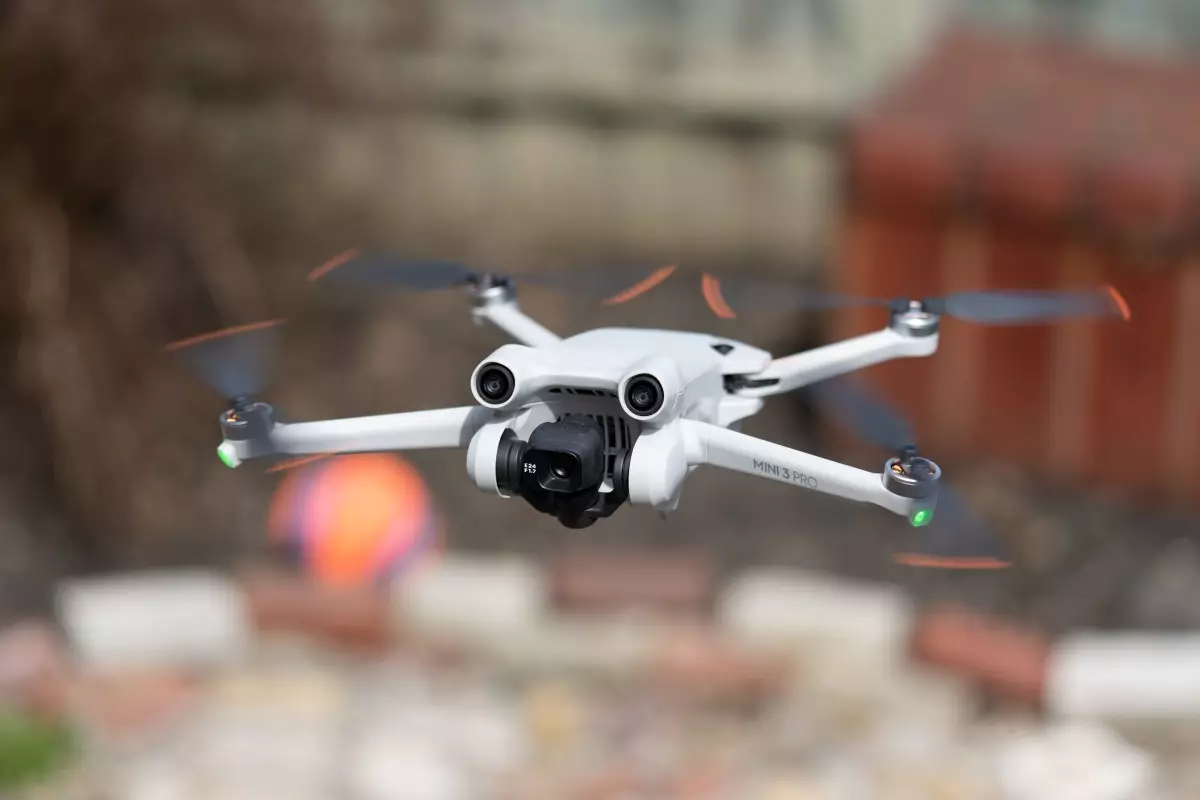In a significant move that underscores the mounting tensions between the U.S. government and Chinese technology firms, drone manufacturer DJI has initiated legal proceedings against the U.S. Department of Defense (DoD). This lawsuit was prompted by DJI’s designation as a “Chinese military company,” a label the company vehemently disputes. With the lawsuit filed after more than sixteen months of attempts to communicate and resolve the issue with the DoD, DJI claims they were left with little choice but to seek judicial intervention.
Central to DJI’s lawsuit is the contention that the organization is neither owned nor controlled by the Chinese military. Official statements from DJI highlight that the Department of Defense itself recognizes the company’s focus on creating consumer and commercial drones rather than military-grade products. This assertion aims to dispel the narrative that DJI is a mere extension of the Chinese military apparatus, which has significant implications not only for the company’s reputation but also for its operational capabilities within U.S. markets.
The inclusion of DJI on various lists—such as the DoD’s 2022 designation and previous listings like the Department of Commerce’s Entity List in 2020—has severely hindered the company’s ability to operate within the United States. Being placed on the Entity List effectively prohibited U.S. companies from engaging in sales or technology transfers with DJI, crippling its market position. Moreover, the Treasury Department’s investment block against DJI underscores the broader strategy of isolating companies perceived as threats to national security.
One of the key factors contributing to DJI’s negative portrayal in U.S. government circles is the allegation surrounding its involvement in the surveillance of Uyghur Muslims in China. While the company has denied these claims, they have been significant in influencing public opinion and government policy against it. This backdrop of alleged human rights violations complicates DJI’s efforts to reestablish its standing and highlights the intersecting issues of technology, geopolitics, and ethics in modern commerce.
DJI’s legal battle extends beyond a singular dispute with the DoD; it is emblematic of larger geopolitical tensions between the United States and China. As technology continues to evolve as a critical factor in national security interests, companies like DJI find themselves navigating treacherous waters. The outcome of this lawsuit may not only determine DJI’s future but may also set a precedent for how technology firms operate under the scrutiny of national security rhetoric.
The ramifications of DJI’s lawsuit against the DoD highlight the intricate relationship between technology, national security, and international relations. While DJI strives to clear its name and redefine its identity in the U.S. market, the legal challenges it faces serve as a reminder of the delicate balance companies must achieve in an increasingly polarized global landscape. As the case unfolds, it remains imperative for both DJI and similar entities to proactively address concerns and build trust in a climate fraught with suspicion and rivalry.

